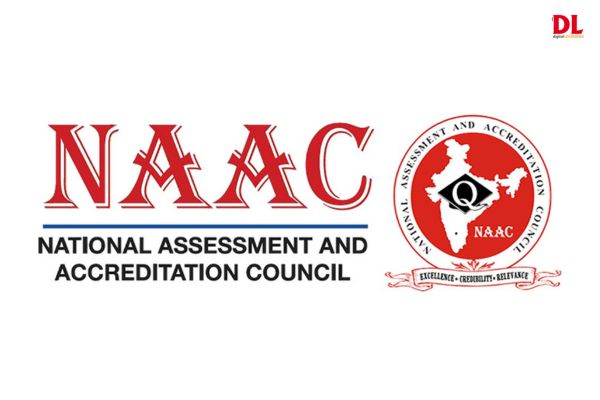
The National Assessment and Accreditation Council (NAAC) will introduce a new ‘binary accreditation’ system in June, replacing the current multiple-grading assessment for colleges and universities in India, as reported by News18. This major reform focuses on evaluating institutions based on processes, outcomes, and impacts rather than merely on inputs received.
Anil Sahasrabudhe, chairperson of the NAAC Executive Committee, announced that the binary accreditation system would be implemented before the end of June, with nine committees working on its rollout. All new accreditation applications will subsequently be assessed using this new system.
The binary accreditation system will assign institutions an “accredited” or “not accredited” status, encouraging broader participation in the accreditation process and fostering a culture of quality in higher education. This represents a shift from the current input-focused grading system to an outcome-based approach.
Read More:- NAAC accreditation now in binary terms
These reforms are outlined in the report “Reforms for Strengthening Assessment and Accreditation in Higher Education Institutions,” released by the Ministry of Education on January 28. The changes align with the National Education Policy (NEP) 2020, which advocates for a transparent ranking and accreditation system for higher education institutions.
The report, prepared by a panel led by K Radhakrishnan, former chairman of ISRO, was submitted in November 2022. The NAAC’s executive committee decided in January to implement the reforms in two stages: the binary system within the next four months and a maturity-based grading system (multi-level) from December 2024.
Officials stated that implementing binary accreditation is a priority for the council within the first 100 days of the new government and aims to cover at least 90% of institutions within the next five years.
Currently, NAAC accreditation is not mandatory, with only about 30% of India’s 1,200 universities and 15% of over 50,000 colleges seeking accreditation. The goal is to increase this to 90% to ensure high-quality education across these institutions.
After the new system is established, NAAC committees will focus on defining multi-level grading parameters to be introduced by December. The maturity-based grading will involve multiple quality levels, from level 1 to level 5, encouraging institutions to continually improve and evolve, eventually reaching levels of global excellence.



















